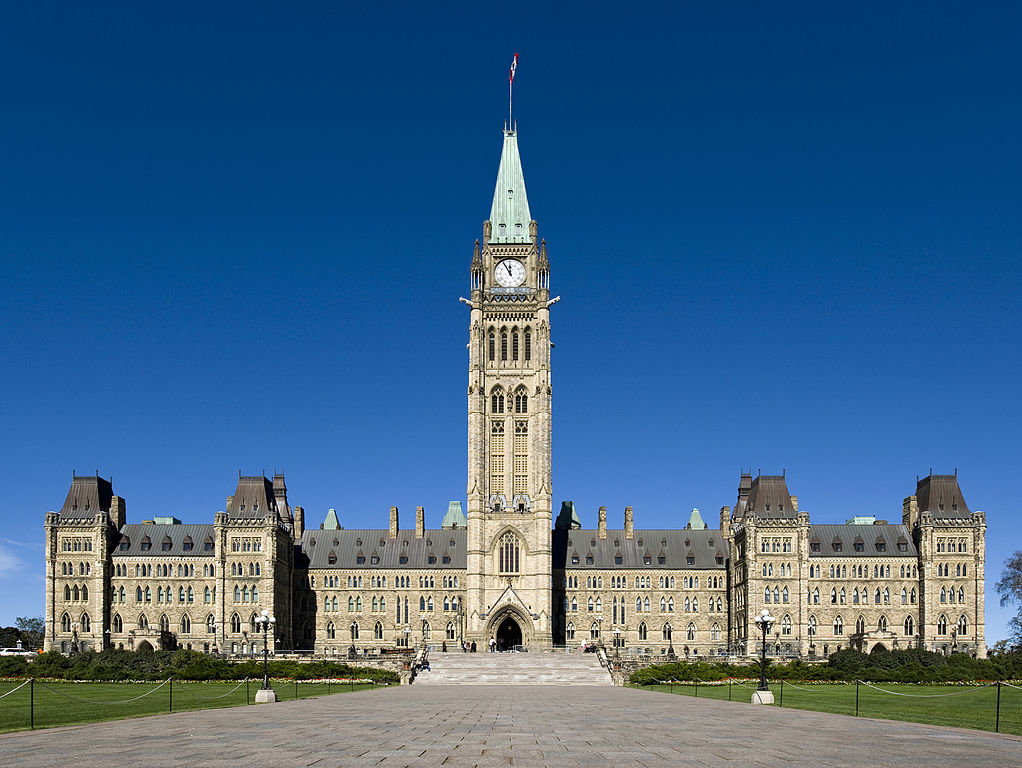We need a New Deal of our own to tackle mental health problems
You’ve probably heard of the Green New Deal in the United States, and the federal jobs guarantee proposals that go with it. It’s been promoted by presidential candidates like Bernie Sanders, Senator Cory Booker, and newly-elected Congresswoman Alexandria Ocasio-Cortez.
The Green New Deal is an action plan to radically alter the structure of the American economy to rely on renewable sources of energy, part of which includes a job guarantee that will go towards building green infrastructure. I say we should have a similar program to tackle the mental health crisis here in Canada.
How could we possibly find the money to guarantee a job to everyone in the country who wants one? It seems impossible at first, but actually we can. Not only that, we’re going to need a plan.
The Government of Canada—much like the United States federal government—has its own currency. In this case, the Canadian dollar, which can’t run out. It can purchase anything for sale in its own currency. This includes all the surplus labour that currently goes to waste as unemployment.
The question then becomes, when people are in the federal jobs guarantee program, what will they be doing?
According to the Canadian Mental Health Association, 10-20 per cent of youths in the country are affected by a mental illness or disorder. To put it in economic terms: the cost to the healthcare system is in the billions.
The link between mental health issues and unemployment is also clear. The federal jobs guarantee program can assist students or recent grads who have had difficulty finding jobs in their particular field. It can guarantee them a job at a living wage with benefits, providing a de facto minimum wage, while forcing private employers to adhere to certain standards in their job conditions.
The program can include paying the wages of those who work in mental health centres on university campuses. It can include paying the wages of personal support workers and others. It can pay people to work in not-for-profits who are tackling mental health crises.
However, the job guarantee is only one facet of the broader New Deal program. These jobs will not require too much in the way of prior training, experience, or education. The idea is to roll the recently unemployed into them quickly.
Therefore, the job guarantee program by itself won’t be able to staff facilities with doctors, nurses, researchers, and mental health professionals. For this, you need to fully utilize the federal government’s sovereign purchasing power to run potentially large deficits.
There is risk however that such an expansive program as a New Deal for tackling mental health—hiring tons of new doctors, staffing every mental health facility on campuses across the country with qualified professionals—could bring about inflationary pressures. Where once governments used the unemployed to control inflation, we are now using full employment. If inflation is still out-of-control, it may be time for tax increases or spending cuts. But not necessarily.
The original New Deal was in response to relief and reforms needed during the great depression. We can use this same approach for the war of the 21st century, the mental health crisis. All it takes is dedication and determination.





